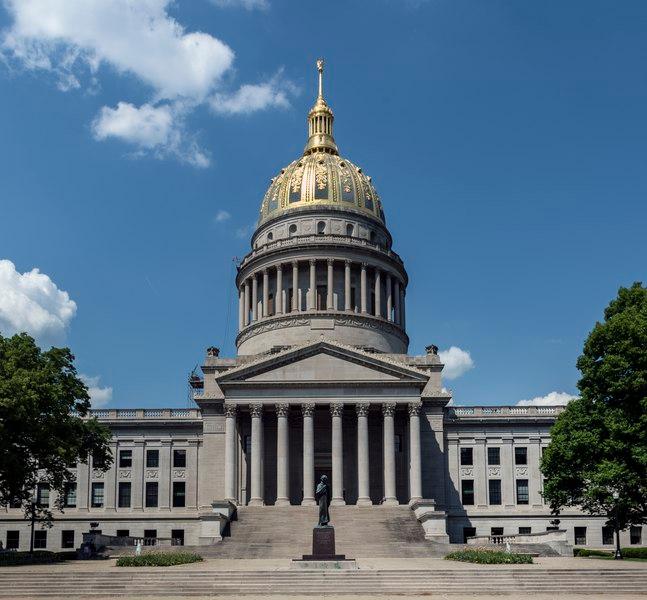Jim Justice, the Republican Governor of West Virginia, has signed into law a bill seeking to protect religious freedoms from unnecessary government interference.
The “Equal Protection for Religion Act” was passed in the Republican-led Senate by a vote of 31-3 last week and signed into law by Justice on Thursday. The bill (pdf) prohibits the state from imposing any action that can “substantially burden a person’s exercise of religion” unless such an action is “essential to further a compelling governmental interest.” Even if such an action is imposed by the state, it must be “the least restrictive means of furthering that compelling governmental interest.”





